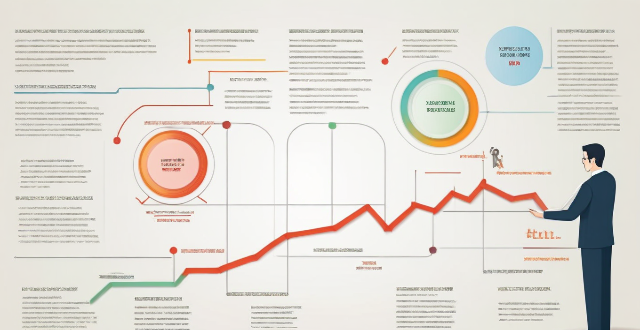This guide provides a step-by-step approach to conducting effective research for an academic paper, including determining the research question, gathering background information, finding and evaluating sources, analyzing and synthesizing information, organizing thoughts, citing sources properly, and revising and editing the paper. It emphasizes the importance of critical thinking, organizational skills, and seeking feedback throughout the process.

How to Conduct Research for an Academic Paper
Introduction
Writing an academic paper requires a thorough research process that involves collecting, analyzing, and synthesizing information from various sources. This guide will provide you with a step-by-step approach to conducting effective research for your academic paper.
Step 1: Determine Your Research Question
Identify the Topic
- Choose a topic that interests you and has enough available resources.
- Make sure the topic is relevant to your field of study.
Narrow Down the Focus
- Refine your topic into a specific research question or hypothesis.
- Ensure that your question is clear, concise, and answerable through research.
Step 2: Gather Background Information
Conduct Preliminary Research
- Start with general sources like encyclopedias or introductory textbooks.
- Skim through abstracts and summaries to get a broad understanding of the subject.
Create an Outline
- Organize your initial findings into a rough outline.
- Include main topics, subtopics, and potential arguments or points of discussion.
Step 3: Find Sources
Use Academic Databases and Libraries
- Access online databases such as JSTOR, PubMed, or Google Scholar.
- Visit physical libraries and consult with librarians for assistance.
Evaluate Sources
- Check the credibility of each source by examining its authorship, publication date, and peer review status.
- Prioritize primary sources (original research) over secondary sources (reviews or interpretations).
Take Notes
- Record key information from each source using note cards or digital tools.
- Include details such as author names, publication titles, page numbers, and relevant quotes or statistics.
Step 4: Analyze Sources
Read Actively
- Read each source critically, asking questions about its reliability and relevance to your research question.
- Look for patterns, themes, or contradictions among different sources.
Synthesize Information
- Combine information from multiple sources to create a cohesive understanding of your topic.
- Identify common threads and unique perspectives within your research.
Step 5: Organize Your Thoughts
Revise Your Outline
- Update your outline based on the new information you've gathered.
- Ensure that your outline reflects a logical flow of ideas and arguments.
Create a Draft
- Write a rough draft of your paper, following the structure of your revised outline.
- Don't worry about perfection at this stage; focus on getting your ideas down on paper.
Step 6: Cite Your Sources
Follow Proper Citation Style
- Choose a citation style appropriate for your discipline (e.g., MLA, APA, Chicago).
- Use in-text citations and a reference list or bibliography to give credit to your sources.
Avoid Plagiarism
- Paraphrase ideas instead of copying directly from sources.
- Give proper attribution when using direct quotes or specific data.
Step 7: Revise and Edit
Review Content and Structure
- Check if your paper addresses the research question effectively.
- Ensure that your arguments are well-supported by evidence from credible sources.
Polish Your Writing
- Proofread for grammar, spelling, and punctuation errors.
- Make sure your sentences are clear and concise.
Seek Feedback
- Ask peers, mentors, or teachers to read your paper and provide constructive criticism.
- Incorporate their feedback into your final revisions.
Conclusion
Conducting research for an academic paper is a systematic process that requires careful planning, critical thinking, and organizational skills. By following these steps, you can ensure that your paper is well-researched, well-structured, and well-written. Remember to give yourself enough time to complete each step thoroughly, and don't hesitate to seek help when needed. Good luck with your research!